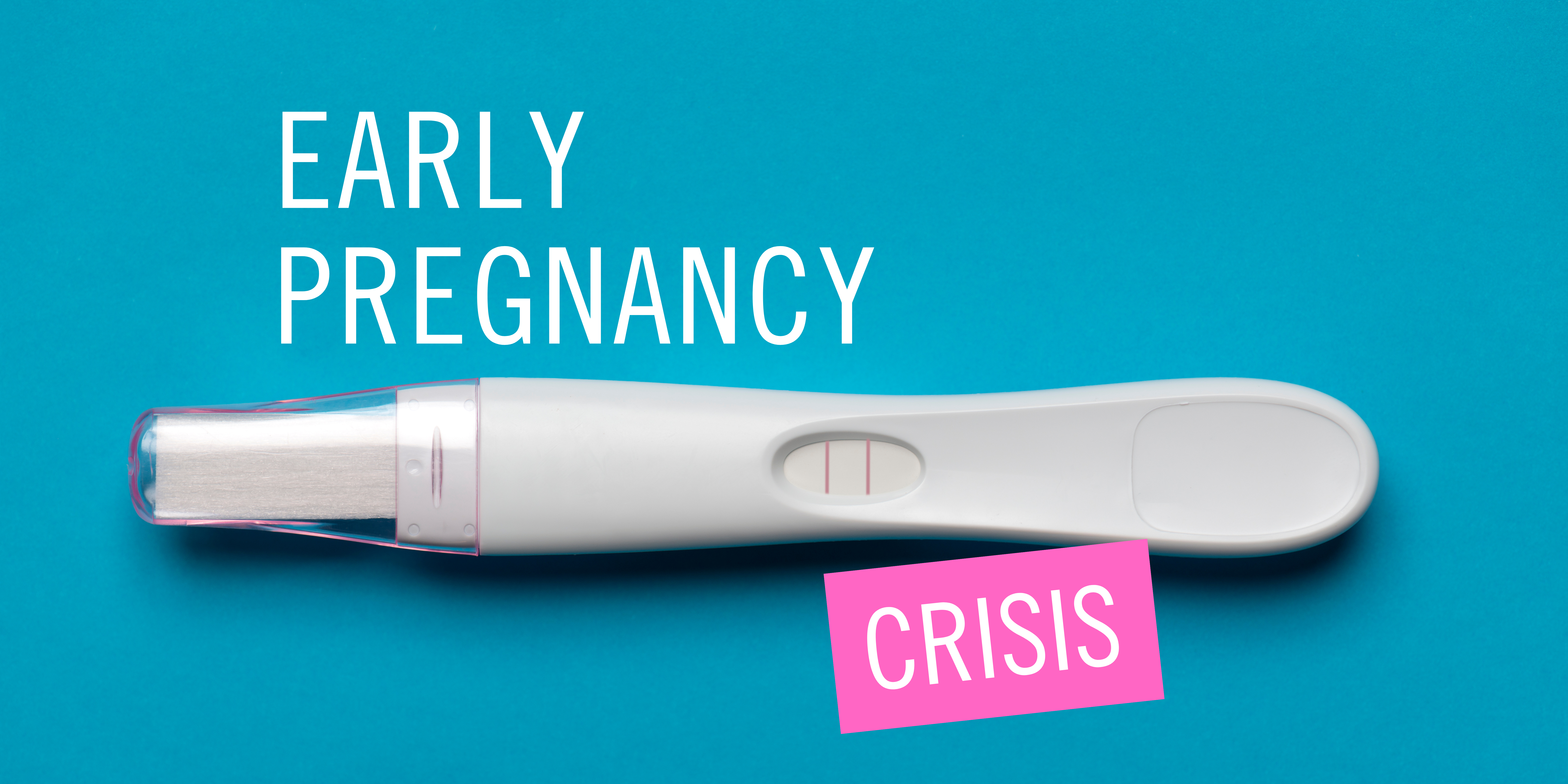
Early pregnancy in South Africa is a crisis.
In South Africa, between April 2017 and September 2021, the number of births to young and adolescent girls between 10 and 14 years of age increased by 48.7%.
Further, of the 1,764 babies born in South Africa on 1 January 2022, 65 were born to adolescent girls. The youngest was a 13-year-old from the Eastern Cape.
The increase in adolescent childbearing is a cause for concern. Most of these girls are forced to drop out of school or fall behind with their schoolwork. They can then become trapped in a cycle of poverty, leaving them dependent on public assistance, suffering the stigma of being pregnant and giving birth at a young age, or being forced into early marriages.
This is an issue that needs to be addressed by society and the government, but ultimately the state has a responsibility to create an enabling environment for every person to make autonomous and informed decisions.
TAKE ACTION
In SA between April 2017 and Sept 2021, the number of births to young and adolescent girls between 10 and 14 years increased by 48.7 per cent. @GovernmentZA early pregnancy needs more attention to ensure every girl-child has a chance at a bright future. #RealMaternityIssue
the facts
main drivers
In South Africa, early pregnancy is a multifaceted problem. Below are the major contributing factors to the problem:
Poverty, lack of education and employment opportunities
Early pregnancy is most likely to occur in marginalised communities, where the pregnancies are driven by poverty, lack of education and employment opportunities, and a lack of empowerment of children and adolescents to make informed decisions.
To change this, the government must undertake public information and education campaigns that:
- Transform negative cultural views of adolescents’ access to contraception and other taboos regarding adolescent sexuality, including harmful gender stereotypes;
- Promote gender equality and sexual diversity;
- Raise awareness among different stakeholders about adolescents’ sexual and reproductive rights. These include the right to access sexual and reproductive health information and services, such as all modern contraceptive methods, including emergency contraception, without parental consent and in line with their evolving capacities; and
- Include accurate, evidence-based and comprehensive information about modern contraceptive methods and how they work, including emergency contraception, with a view to correcting commonly-held misconceptions.
Gender-based violence
Gender-based violence is a contributing factor to early pregnancies, as up to one in three children under the age of 18 experienced sexual abuse.
According to South African law, children below the age of 12 do not have the capacity to consent to sexual activity. Sexual intercourse with a child below the age of 12 is always considered rape. Even if the child says “yes”, they are unable to give consent at that age. Consensual sexual intercourse may occur between two children who are at least 12 years old and under the age of 16. Sixteen to 18-year-olds may only have consensual sex with persons no more than two years younger than them. This means that even though a child between the ages of 12 and 16 can consent, if there is more than a 2-year age difference, and one is over 16, the latter will be guilty of statutory rape.
In an event where the pregnancy occurs as a result of rape and statutory rape, cases must be reported to the South African Police Service (SAPS). The criminal justice system, including the SAPS and the National Prosecuting Authority, must respond in a timeous, efficient and effective manner to these cases.
take action
In 2020 almost 500 girls aged 10 – 13 years gave birth. Sexual intercourse with a child below 12 is rape, they can’t consent. @GovernmentZA gender-based violence must be tackled as one of the root causes of early pregnancy. #RealMaternityIssue
Lack of information on sexual and reproductive health rights
A 2012 study found that of the 19% of surveyed respondents who had fallen pregnant as adolescents, 55.5% reported falling pregnant the first time because they did not understand the risks involved in what they were doing or did not understand how pregnancy happens.
There need to be effective, age-appropriate and good quality comprehensive sexuality education and life skills programmes delivered by well-trained teachers. Research shows that improved knowledge of HIV and pregnancy prevention decreases risk-taking, and improves attitudes toward condom use.
The state needs to develop and disseminate guidelines for health care providers on the delivery of youth-friendly health services. These should clearly advise how to assess adolescents’ ability and maturity to understand medical information and take health-related decisions. The guidelines must ensure health services and information are provided in a youth-friendly and age-appropriate manner, which respects adolescents’ rights to informed consent, privacy, and confidentiality.
Sexual and reproductive health rights mean you should be able to make your own decisions about your body and:
- Get accurate information about these issues
- Be able to access sexual and reproductive health services including contraception and abortion
- Decide if you want to have children and how many
- Choose if, when, and who to marry
take action
.@GovernmentZA must ensure that all girls can access safe, effective, affordable and acceptable methods of family planning & contraceptives that can be independently & confidentially accessed. This must be part of services everywhere. #RealMaternityIssue
What does the law say?
add your voice: send an email to the president
Call on President Cyril Ramaphosa to ensure government work together to address the high levels of early pregnancy in South Africa. It is a social, health and economic issue affecting our most precious resource: our children

